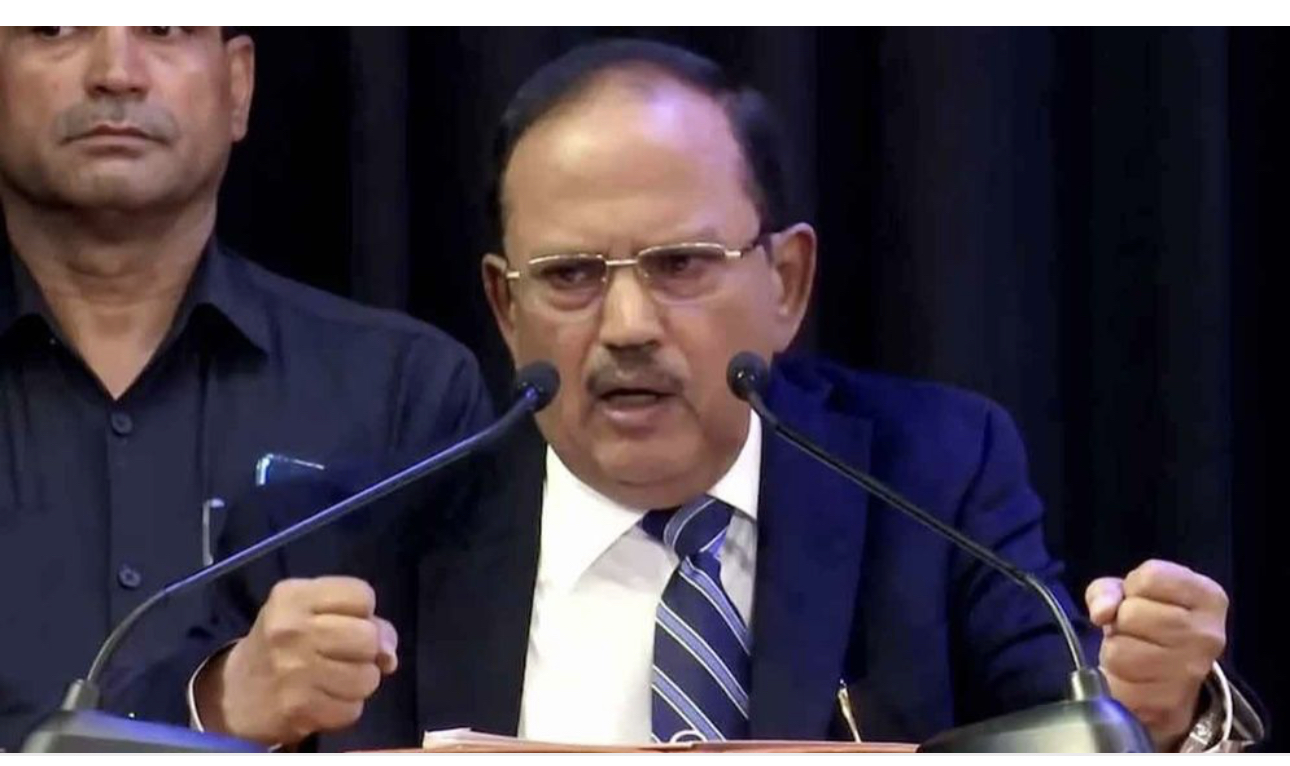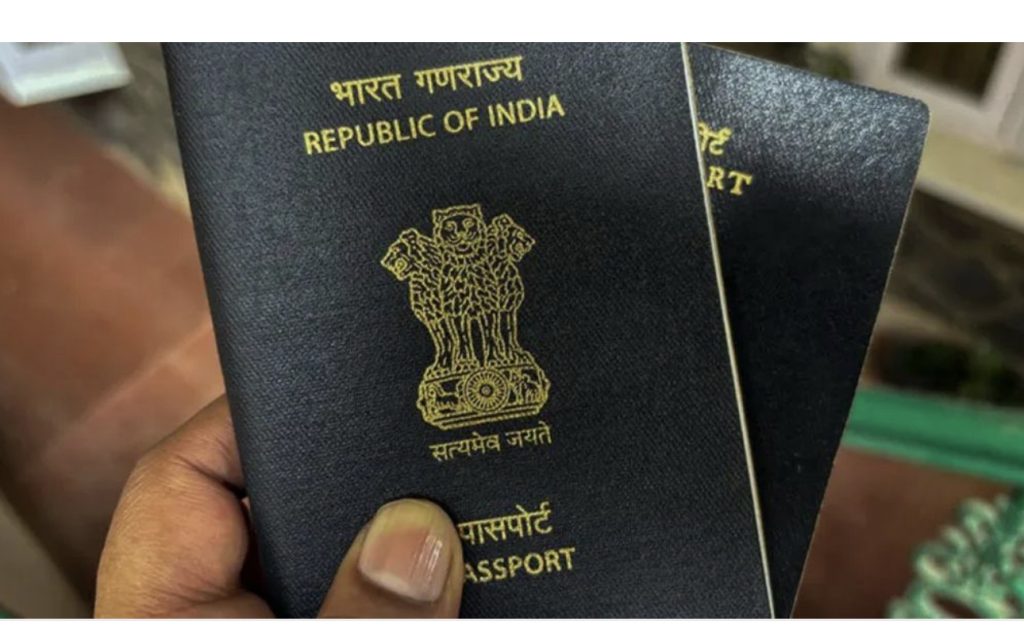Weak Governance’ as Root Cause of Government Falls in Bangladesh, Nepal, and Sri Lanka
India’s National Security Advisor (NSA) Ajit Doval has attributed the recent collapses of governments in Nepal (following the Gen-Z protests), Bangladesh (following a similar pattern of student-public unrest), and previously in Sri Lanka, primarily to weak governance systems or structures within these South Asian nations.
The Indian media outlet NDTV reported this information on Saturday (November 1st).
The Imperative of Effective Governance
In a speech delivered on Friday on the occasion of National Unity Day, Ajit Doval emphasized the critical importance of effective governance for state formation and security. He stated that it not only helps a state achieve its goals but also fulfills the aspirations of the common people.
Ajit Doval remarked: “Weak governance often becomes the cause of a country’s government collapse. Such weak administrative structures played a role in the informal change of government in several South Asian countries, including Bangladesh, Nepal, and Sri Lanka.”
He stressed that the core strength of state formation lies in an effective governance system that ensures public trust and participation.
The Challenge of Public Expectation
Doval further noted that the major challenge for today’s administration is keeping the common people satisfied.
He said: “Ordinary citizens are now much more aware, ambitious, and have greater expectations from the state than before. Therefore, the state must pay attention to their satisfaction.”
The Indian NSA underscored that the strength of a nation resides in its governance system. He added that when a government operates through its institutions, the most important role in nation-building is played by the individuals who create and nurture these institutions.
Praise for India’s Governance Model
Praising Prime Minister Narendra Modi’s governance model, Ajit Doval said India is now entering a new trajectory—a new kind of governance system, social structure, and global standing. He highlighted that the institutional changes brought about by the current government to curb administrative corruption are having a profound impact, with further steps likely to follow.
Doval advised: “When change comes, the most important thing is to keep the goal clear—so that eyes do not close amid the storm, and the path is not lost to fear or confusion.”
Key Pillars of Good Governance
Doval emphasized women’s safety, equality, and empowerment as core components of good governance.
• He argued that women’s empowerment is an essential part of modern governance. It is not enough to have good laws or structures; their effective implementation is paramount.
• He also stressed the importance of using technology, stating that technology should be utilized to enhance transparency, accountability, and the efficiency of public services. Simultaneously, society must be protected from technology-driven threats like cyberattacks.




